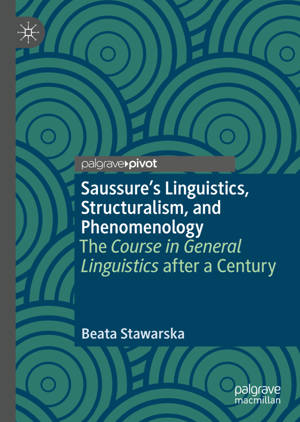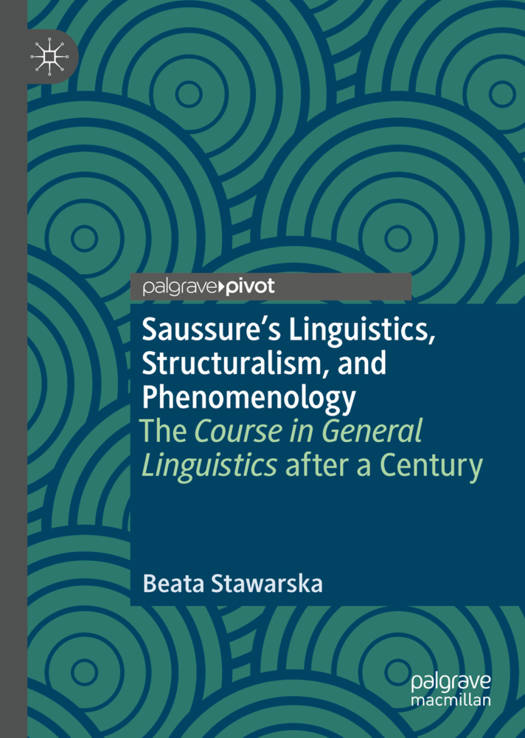
- Retrait gratuit dans votre magasin Club
- 7.000.000 titres dans notre catalogue
- Payer en toute sécurité
- Toujours un magasin près de chez vous
- Retrait gratuit dans votre magasin Club
- 7.000.0000 titres dans notre catalogue
- Payer en toute sécurité
- Toujours un magasin près de chez vous
Saussure's Linguistics, Structuralism, and Phenomenology
The Course in General Linguistics After a Century
Beata StawarskaDescription
This is the first English-language guidebook geared at an interdisciplinary audience that reflects relevant scholarly developments related to the legacy and legitimacy of Ferdinand de Saussure's Course in General Linguistics (1916) today. It critically assesses the relation between materials from the Course and from the linguist's Nachlass (works unpublished or even unknown at Saussure's death, some of them recently discovered). This book pays close attention to the set of oppositional pairings: the signifier and the signified, la langue (language system) and la parole (speech), and synchrony and diachrony, that became the hallmark of structuralism across the humanities. Sometimes referred to as the "Saussurean doctrine," this hierarchical conceptual apparatus becomes revised in favor of a horizontal set of relations, which co-involves speaking subjects and linguistic structures. This book documents the continued relevance of Saussure's linguistics in the 21st Century, and it sheds light on its legacy within structuralism and phenomenology. The reader can consult the book on its own, or in tandem with the 1916 Course.
Spécifications
Parties prenantes
- Auteur(s) :
- Editeur:
Contenu
- Nombre de pages :
- 133
- Langue:
- Anglais
Caractéristiques
- EAN:
- 9783030430962
- Date de parution :
- 24-04-20
- Format:
- Livre relié
- Format numérique:
- Genaaid
- Dimensions :
- 148 mm x 210 mm
- Poids :
- 326 g

Les avis
Nous publions uniquement les avis qui respectent les conditions requises. Consultez nos conditions pour les avis.






